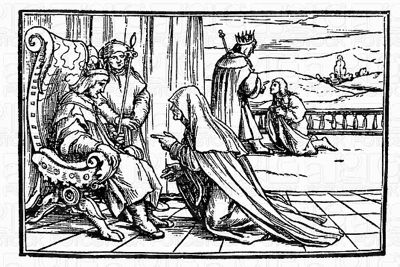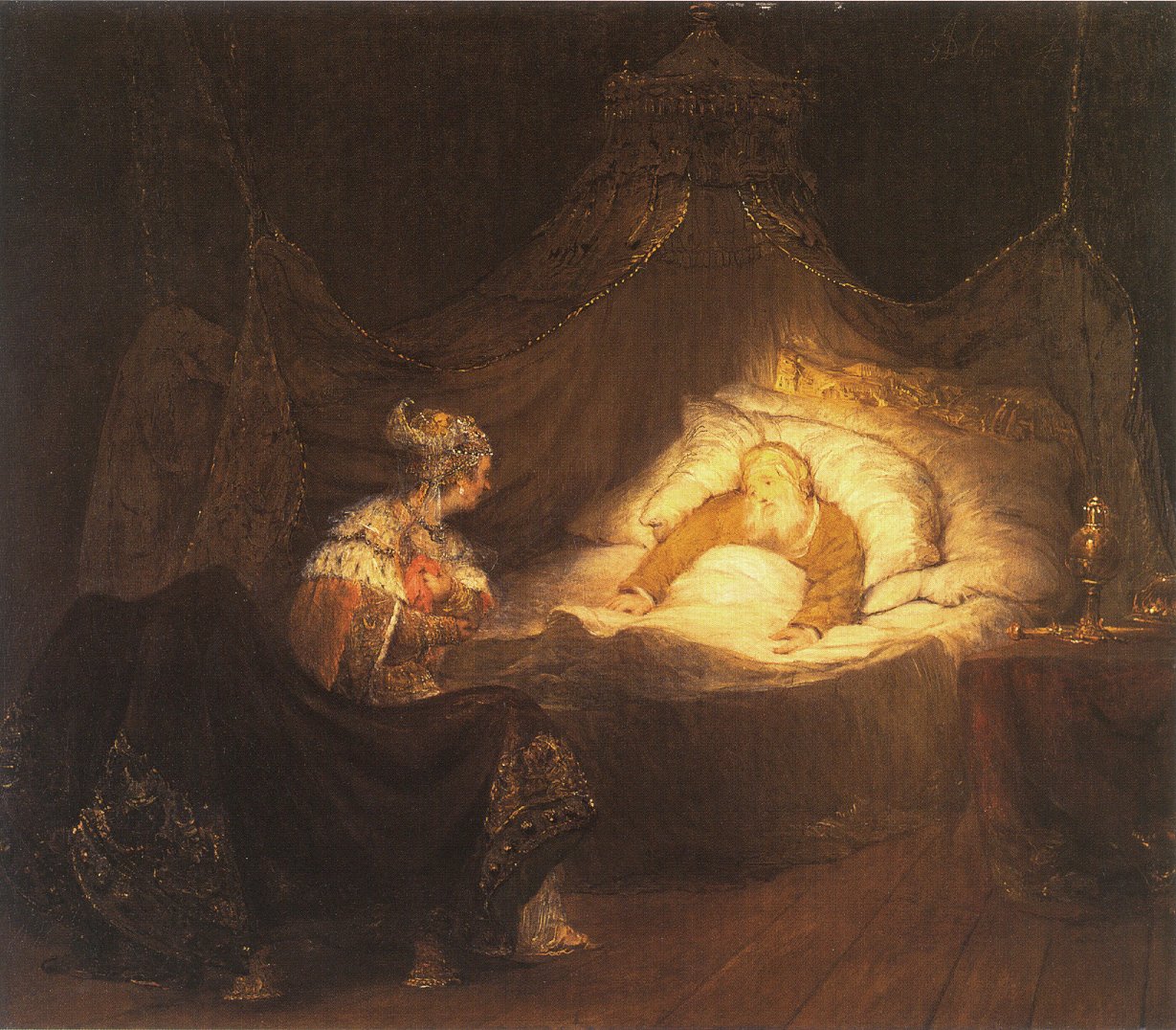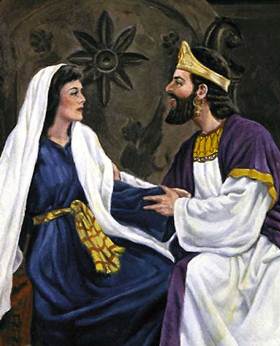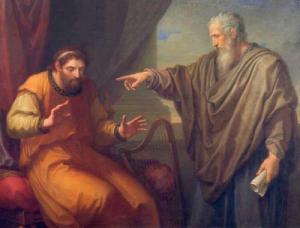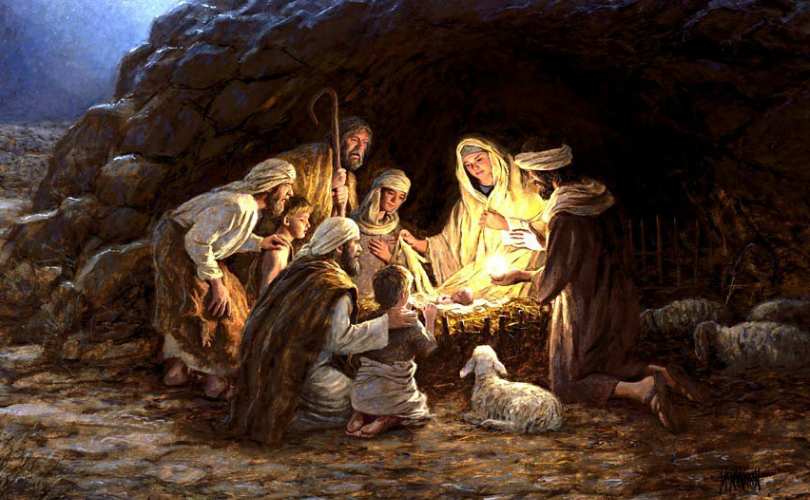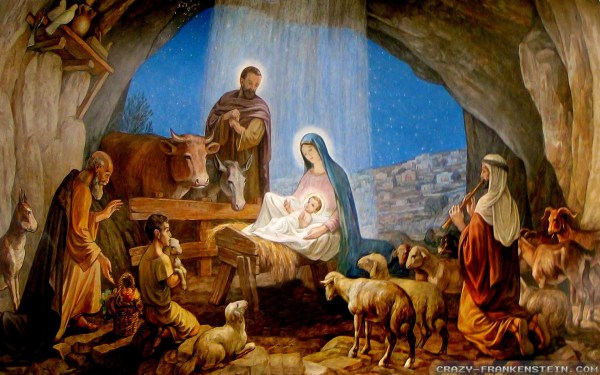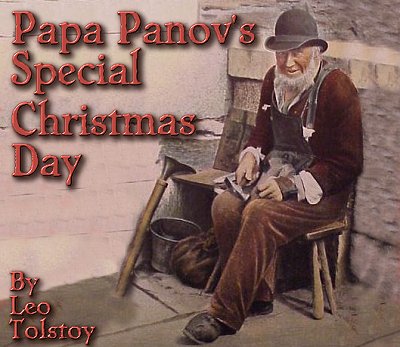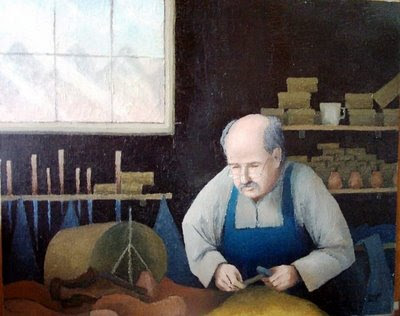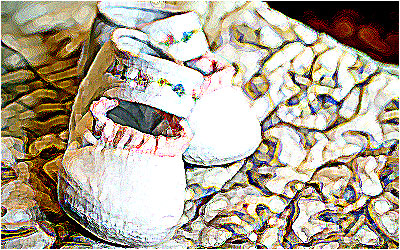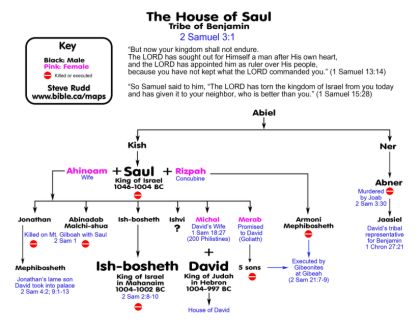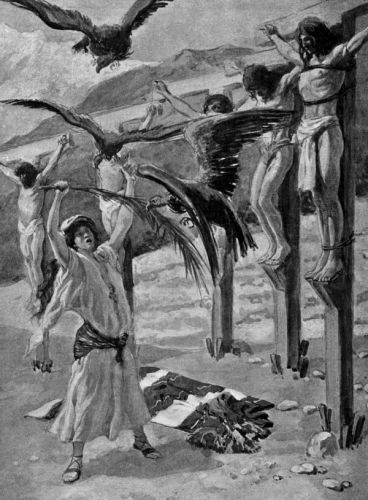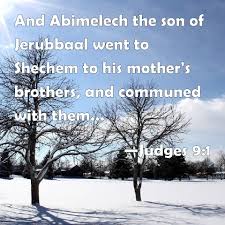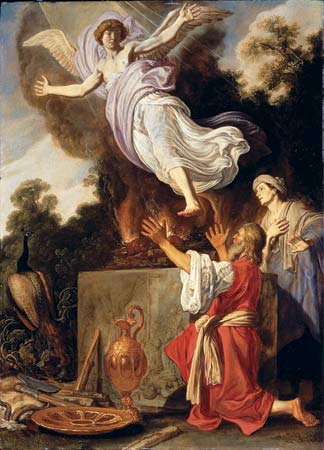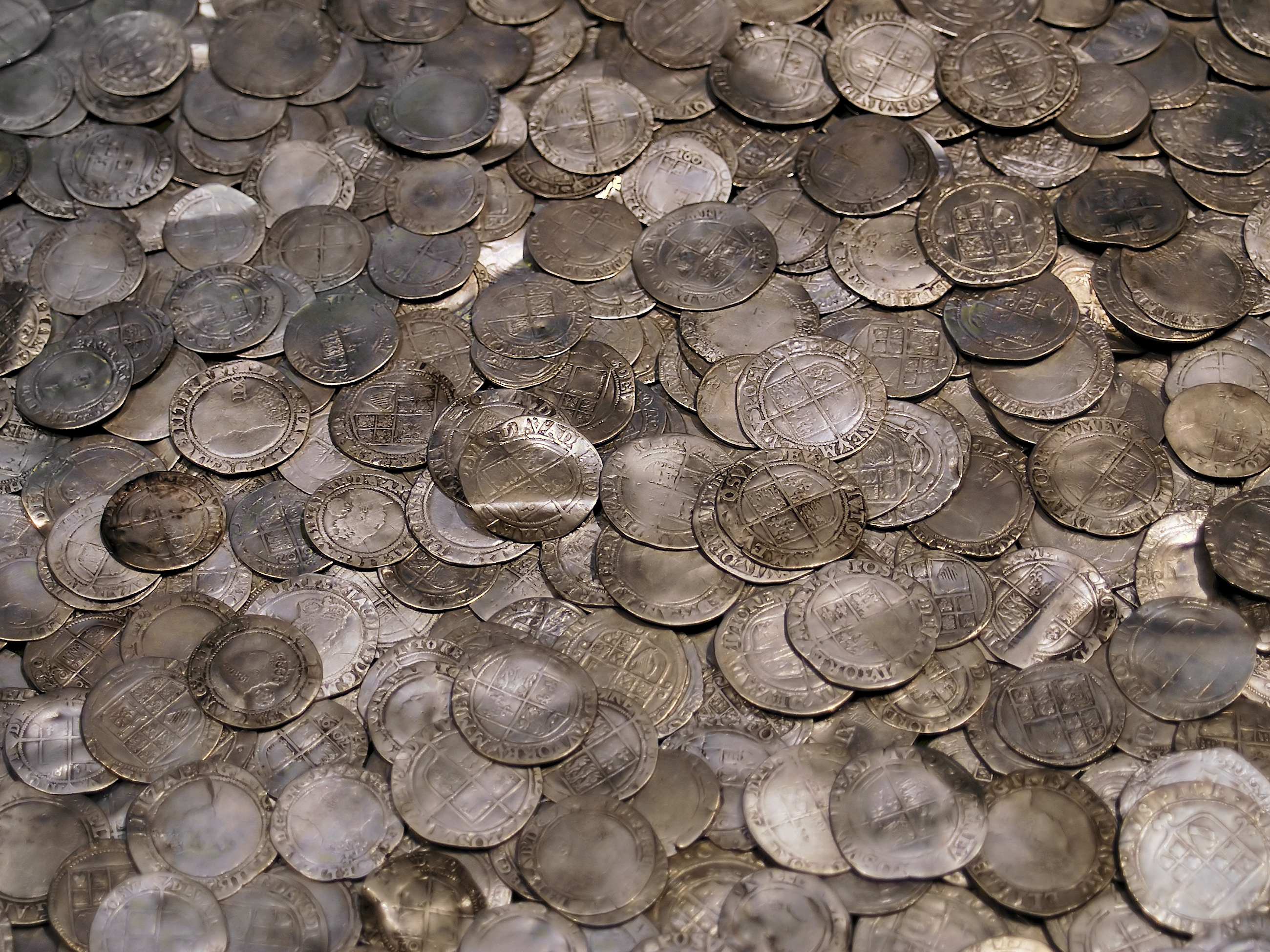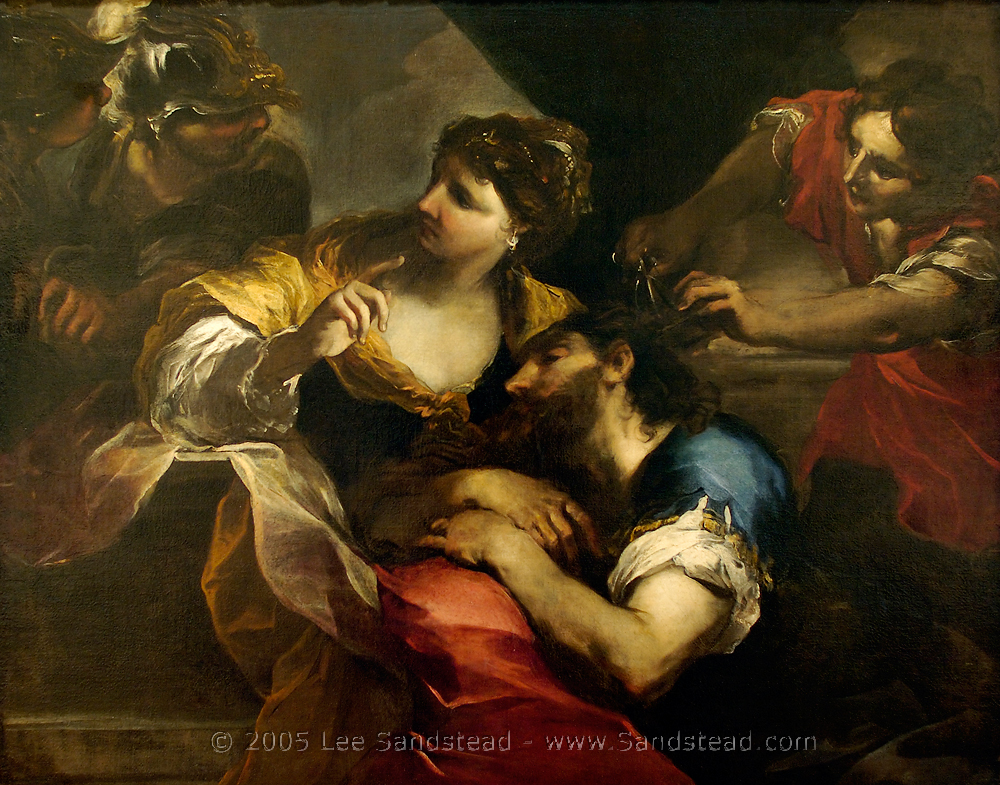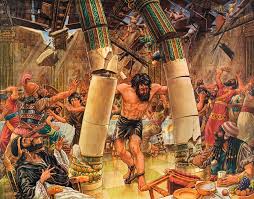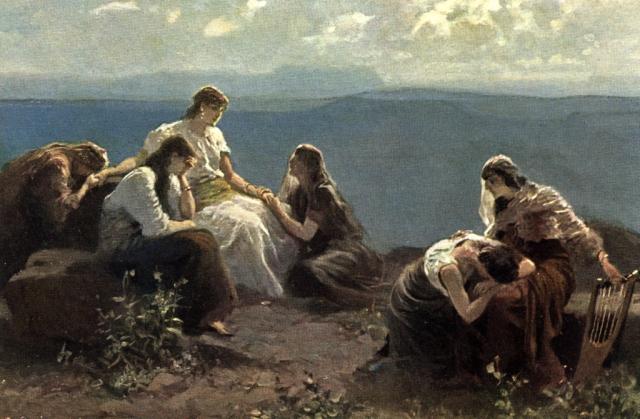Now he (Joab) went through all the tribes of Israel to Abel, even Beth-maacah, and all the Berites; and they were gathered together and also went after him. They came and besieged him (Sheba) in Abel Beth-maacah, and they cast up a siege ramp against the city, and it stood by the rampart; and all the people who were with Joab were wreaking destruction in order to topple the wall. Then a wise woman called from the city, “Hear, hear! Please tell Joab, ‘Come here that I may speak with you.’” (2 Samuel: 20:14-16)
In His providence God raised up two wise women during King David’s time to give good counsel to David and Joab. These women fit into the larger picture of God’s redemptive plan. The wise woman of Tekoa (See last week’s post) urged David to bring his son Absalom home.
Recall that Absalom was in hiding since he killed his half-brother and fled from David’s presence. David heeded the words of the wise woman from Tekoa and allowed Absalom to come home. However David was still angry with Absalom and commanded that Absalom “turn to his own house, and let him not see my face. So Absalom turned to his own house and did not see the king’s face.” (2 Samuel 14:24) Absalom retaliated by burning down Joab’s field. Eventually David admitted Absalom into his presence and gave him a kiss of peace.
Absalom was very handsome and much loved by the Israelites. They expected him to be the next king. Absalom decided not to wait for David to die but took steps to make himself king. Many people followed Absalom so David fled from Jerusalem. You can read this story in 2 Samuel, chapters 14-20. I will just summarize by saying that Joab went after Absalom. Absalom was eventually killed.
When David returned to Jerusalem, a dispute arose between the people of the tribe of Judah against the other tribes. The other tribes accused those from Judah of keeping the king for their own use. “Now a worthless fellow happened to be there whose name was Sheba,” (2 Samuel 20:1). Sheba rounded up the other tribes and they foolishly decided to follow him against the king. Sheba was a troublemaker.
After David was settled in again as king in Jerusalem, he set about punishing those who had rebelled against him. Of course one of those was Sheba and David sent Joab to find him and bring him to justice.
Joab traced Sheba to Abel Beth-maacah and began to lay siege to the town. We are not told why Joab  just decided to completely destroy the town rather than just ask them to give up the refugee. Perhaps he was tired after searching for so long. Abel was some distance from Jerusalem. It was six miles to the west-northwest of the city of Dan. Perhaps Joab was just being the hothead that he was. After all, Joab had slain many men before including some innocent ones. He had no patience.
just decided to completely destroy the town rather than just ask them to give up the refugee. Perhaps he was tired after searching for so long. Abel was some distance from Jerusalem. It was six miles to the west-northwest of the city of Dan. Perhaps Joab was just being the hothead that he was. After all, Joab had slain many men before including some innocent ones. He had no patience.
An unnamed wise woman realized what was going on and decided to save her city. This woman may have been a prophetess. She certainly had the respect of the people. She decided to open the communications with Joab and asked his officers to get him for her. Joab consented to speak with her.
Just like the wise woman from Tekoa, this woman skillfully began her plea for her city. She reminded Joab that Abel Beth-maacah was a special place in Israel. The town was known as a peacemaker in that province for many years. There was a saying in fact about Abel – “They will surely ask advice at Abel, and thus ended the dispute.” (2 Samuel 20:18)
The wise woman respectfully asks Joab why he would want to destroy such a peace-loving city. She said to Joab, “I am of those who are peaceable and faithful in Israel. You are seeking to destroy a city, even a mother in Israel. Why would you swallow up the inheritance of the Lord?” (Verse 19)
What courage this woman had to speak to the commander of a besieging army this way. Joab had a reputation for being ruthless. She knew that. The wise woman took a chance but God was with her. The wise woman was successful in calming Joab down. Joab realized that she was being more just than he was. He explained to her that all he really wanted was the traitor, Sheba. He explained to her the Sheba had lifted up his hand against King David. Sheba was a traitor and needed to be brought to justice. He told the wise woman, “’Only hand him over, and I will depart from the city.’ And the woman said to Joab, ‘Behold, his head will be thrown to you over the wall.’” (2 Samuel 20:21)
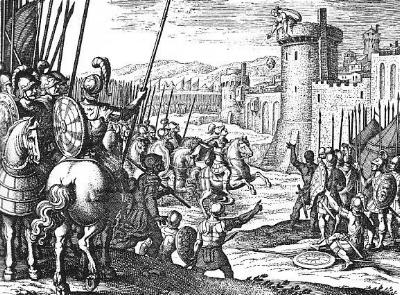 This woman must have had a lot of respect and even authority as a “wise woman” or prophetess. The people of Abel were happy that she had negotiated with Joab for them. They listened to her advice now. After all, they were faithful subjects of King David. They wanted no part of a traitor. They were willing to wield the sword of justice immediately. They cut off Sheba’s head and threw it over the wall. Joab returned to Jerusalem to King David. The city of Abel was saved.
This woman must have had a lot of respect and even authority as a “wise woman” or prophetess. The people of Abel were happy that she had negotiated with Joab for them. They listened to her advice now. After all, they were faithful subjects of King David. They wanted no part of a traitor. They were willing to wield the sword of justice immediately. They cut off Sheba’s head and threw it over the wall. Joab returned to Jerusalem to King David. The city of Abel was saved.
The stories of the wise women from Tekoa and Abel Beth-maacah show that wisdom comes from the Lord. This is a biblical principle. Deliverance comes from the Lord not from strong armies. Thanks to these wise women much less blood was shed during the struggle between King David and his rivals.
What makes a “wise woman”? Wise women lead people in righteous ways. They love the Lord and they must study God’s ways. They grow in wisdom as they age and are able to achieve their goals by using carefully chosen words. They are good psychologists! They know how to speak to those in authority in respectful ways. They use “more honey than vinegar”. The wise woman wins support and cooperation through her peaceable and humble attitude. She is also mature enough to know how to keep the conversation going well. She is quick witted and can adapt. Through her many years of living and serving the Lord she has earned the title “wise woman”.
The Bible doesn’t really tell us much about the wise woman’s early life. But we know from the skillful way that she engaged Joab during a life and death situation that she must have spent her youth learning wisdom from God. Her words and actions show that she worshipped and glorified her Maker.

